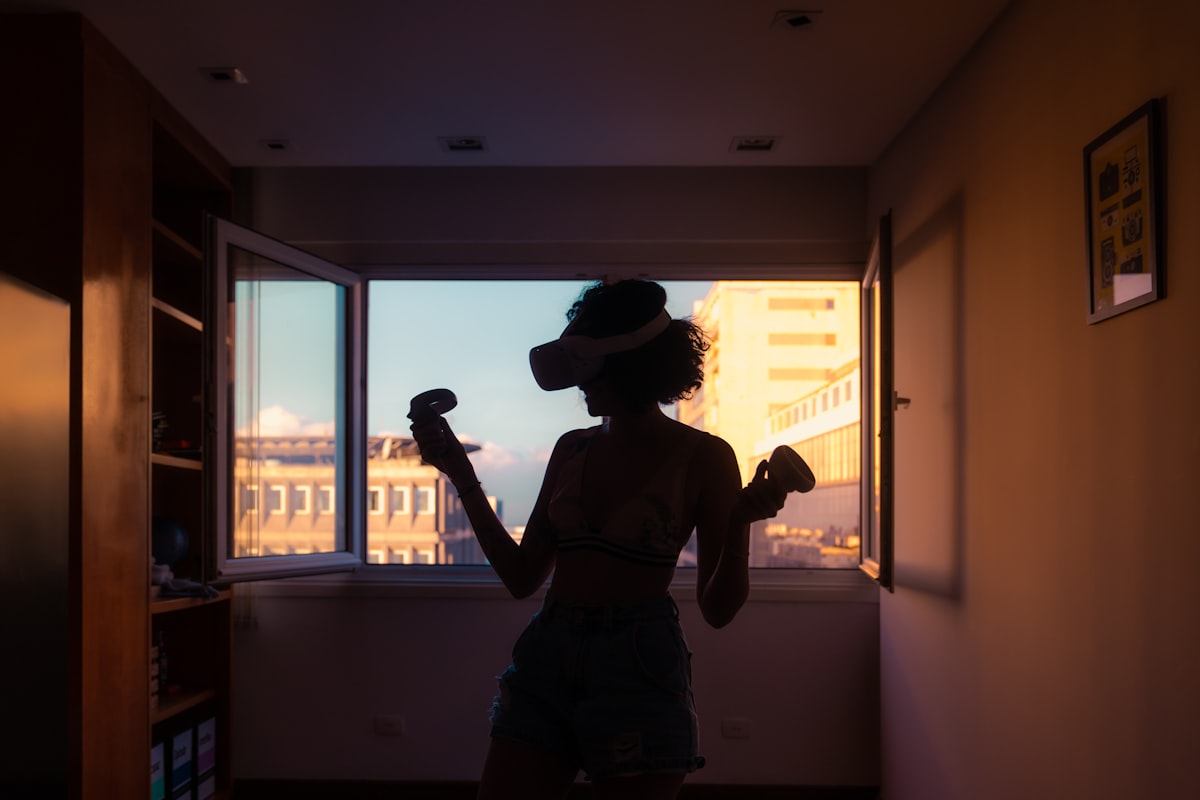The Apple Vision Pro: A Glimpse into the Future or an Encroachment on our Reality?
The Apple Vision Pro brings with it the promise of an immersive new reality but also potential pitfalls. While its technological prowess is undeniable, the hefty price tag, privacy concerns, and potential for creating a digital divide must not be overlooked.

Yesterday, Apple unveiled its latest innovation - the $3499 Apple Vision Pro, the company's first-generation virtual reality (VR) headset. And as you probably know by now, I love new tech and gadgets.
While some hail this cutting-edge device as a game-changer in the VR realm, others raise an eyebrow at the idea of walking around with a camera strapped to their faces. This article critically assesses the pros and cons of VR headsets, such as the Apple Vision Pro, and their potential impact on our lives.
The Promise of a New Reality
There's no denying that the Apple Vision Pro is a technological marvel. With advanced eye-tracking technology and immersive FaceTime capabilities, it promises a level of interaction and connectivity that was the stuff of science fiction only a decade ago. Whether you're navigating through virtual landscapes, recording unique first-person perspectives, or simply browsing the internet, this device promises an unparalleled level of immersion.
It is also worth noting that the entry of a tech behemoth like Apple into the VR arena lends the technology a significant boost in credibility. Much like how the introduction of the iPhone revolutionized the smartphone industry, the Apple Vision Pro could potentially redefine the VR landscape.
The Flip Side of the Coin
However, as with any technological advancement, the Apple Vision Pro isn't without its potential pitfalls. First and foremost, the price tag. At $3499, this VR headset is not a casual purchase but a significant investment. This raises concerns about accessibility and inclusivity – could this groundbreaking technology only be within reach of the affluent, creating a digital divide?
Another potential issue lies in the social implications of the technology. As immersive as it may be, there's something disconcerting about walking around with a camera strapped to your face. It's not just about looking odd, but also about the invasive aspect of such technology. With the growing concern about privacy in the digital age, the idea of potentially being under constant surveillance could raise alarm bells.
Meta: An Unsettling Prospect or a Welcome Competitor?
So where does this leave Meta, the pioneering company formerly known as Facebook? Should it be worried about Apple's entry into the VR space or elated about the attention this brings to VR technology as a whole?
The answer to this isn't straightforward. On the one hand, Apple's entry into the VR market may draw more interest to the technology, which could benefit Meta. On the other hand, Apple's reputation for innovation and quality could pose a significant threat to Meta's dominance in the VR market.
In Conclusion
While there's no doubt that the Apple Vision Pro and devices of its ilk represent an exciting step forward in VR technology, it's essential to approach them with a critical eye. The potential benefits – enhanced connectivity, novel experiences, and immersive entertainment – are immense. Yet, we must be cognizant of the potential drawbacks, including issues of accessibility, privacy, and the social implications of such devices.
As for Meta, only time will tell whether Apple's entry into the VR space will be a boon or a bane. Either way, it seems clear that VR technology is no longer the stuff of science fiction – it's here, and it's set to redefine our reality.


